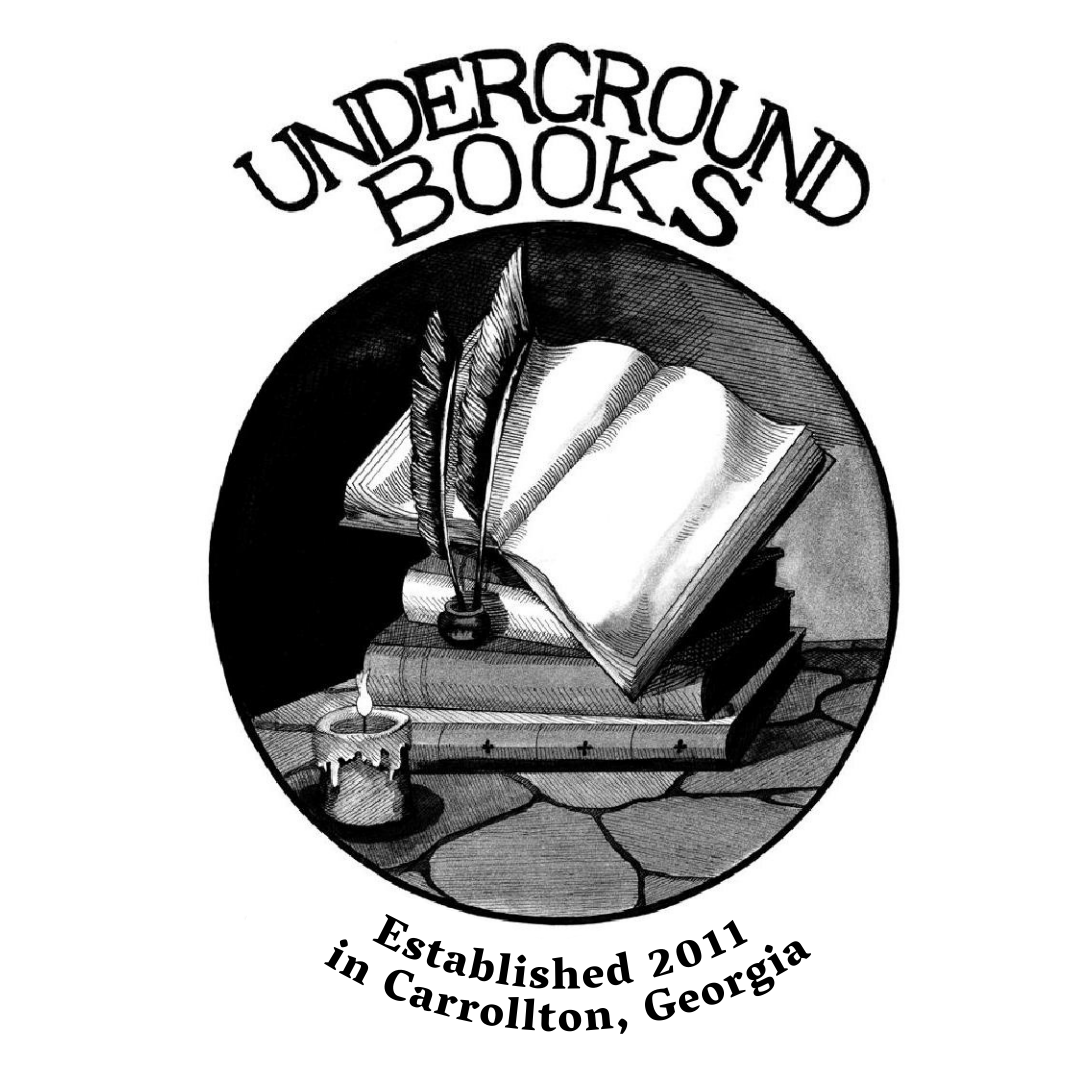Hardcover
1987 · New York
by Morris, Benny
New York: Cambridge University Press, 1987. Hardcover. Good +/Good +. Hardcover. 9 1/4" X 6 1/4". xx, 380pp. Mild creasing, toning, and shelf wear to covers, corners, and edges of unclipped dust jacket. Age toning to inside of jacket. Bound in black cloth over boards with spine lettered in gilt. Gentle bumps to head and tail of spine. Mild dust-spotting to text block. Mild creasing and toning to flaps. Age toning to pages. Otherwise they are clean and unmarked. Binding is sound.
ABOUT THIS BOOK:
This book is the first full-length study of the birth of the Palestinian refugee problem. Based on recently declassified Israeli, British and American state and party political papers and on hitherto untapped private papers, it traces the stages of the 1947–9 exodus against the backdrop of the first Arab-Israeli war and analyses the varied causes of the flight. The Jewish and Arab decision-making involved, on national and local levels, military and political, is described and explained, as is the crystallisation of Israel's decision to bar a refugee repatriation. The subsequent fate of the abandoned Arab villages, lands and urban neighbourhoods is examined. The study looks at the international context of the war and the exodus, and describes the political battle over the refugees' fate, which effectively ended with the deadlock at Lausanne in summer 1949. Throughout the book attempts to describe what happened rather than what successive generations of Israeli and Arab propagandists have said happened, and to explain the motives of the protagonists.(Publisher). (Inventory #: 16265)
ABOUT THIS BOOK:
This book is the first full-length study of the birth of the Palestinian refugee problem. Based on recently declassified Israeli, British and American state and party political papers and on hitherto untapped private papers, it traces the stages of the 1947–9 exodus against the backdrop of the first Arab-Israeli war and analyses the varied causes of the flight. The Jewish and Arab decision-making involved, on national and local levels, military and political, is described and explained, as is the crystallisation of Israel's decision to bar a refugee repatriation. The subsequent fate of the abandoned Arab villages, lands and urban neighbourhoods is examined. The study looks at the international context of the war and the exodus, and describes the political battle over the refugees' fate, which effectively ended with the deadlock at Lausanne in summer 1949. Throughout the book attempts to describe what happened rather than what successive generations of Israeli and Arab propagandists have said happened, and to explain the motives of the protagonists.(Publisher). (Inventory #: 16265)





